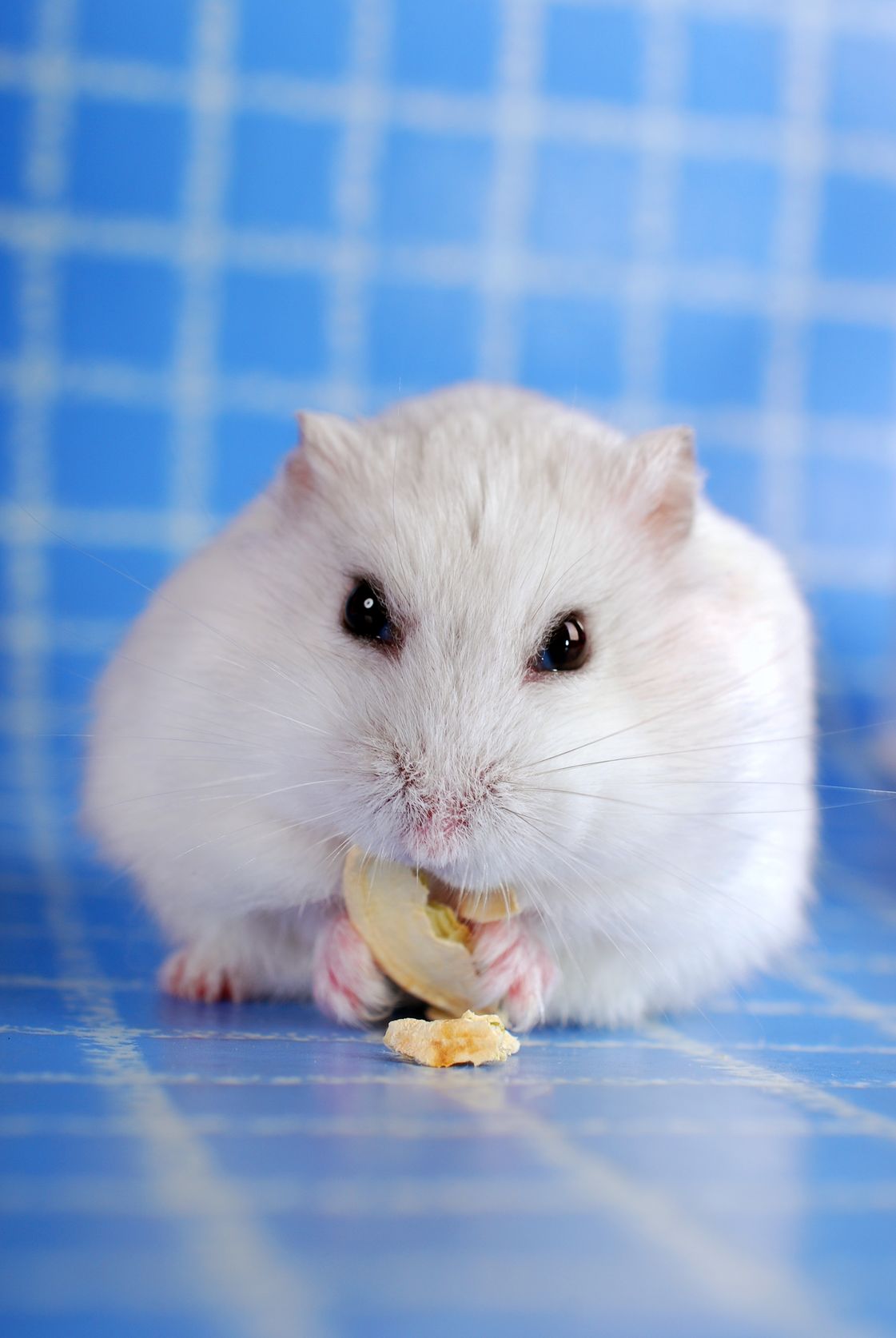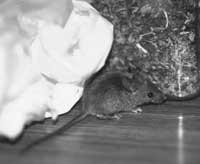Bacteria against obesity
2013/09/10 Kortabarria Olabarria, Beñardo - Elhuyar Zientzia Iturria: Elhuyar aldizkaria

A research team at the University of Washington has shown that the introduction of bacteria from the human intestine into the mouse transforms metabolism and can cause weight loss or fattening. According to research published in the journal Science, bacteria do not decide everything, diet also has much to do. Scientists have also identified bacteria that help be thin.
To reach these conclusions, a mouse group was transplanted the intestinal flora of several twins. In each pair of twins, one of them was thick and the other skinny. Stool samples were introduced into the gut of mice for transplantation. Mice that received bacteria from the thick ones got fat and accumulated more fat than mice that received the intestinal flora from the thin ones.
Another more curious session with mice. Mice have more coprophets, that is, they eat the excrement of others. Scientists discovered that mice had incorporated the intestinal flora of thin and thick twins. A diet based on fruits and vegetables was applied to them, and they could see that thick mice had taken the tendency of thin mice and stopped accumulating fat, while thin mice were not fattened. Researchers identified 39 species of bacteria that were able to settle in thick mice.
Stool transplantation may not be the most appropriate way to fight obesity, but the University of Washington is thinking of studying other ways of administering these healthy bacteria, such as the production of yoghurts enriched with these identified bacteria.
Gai honi buruzko eduki gehiago
Elhuyarrek garatutako teknologia






